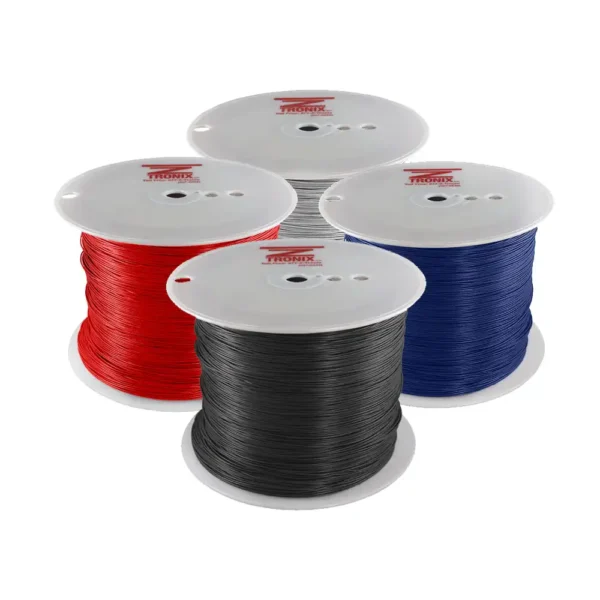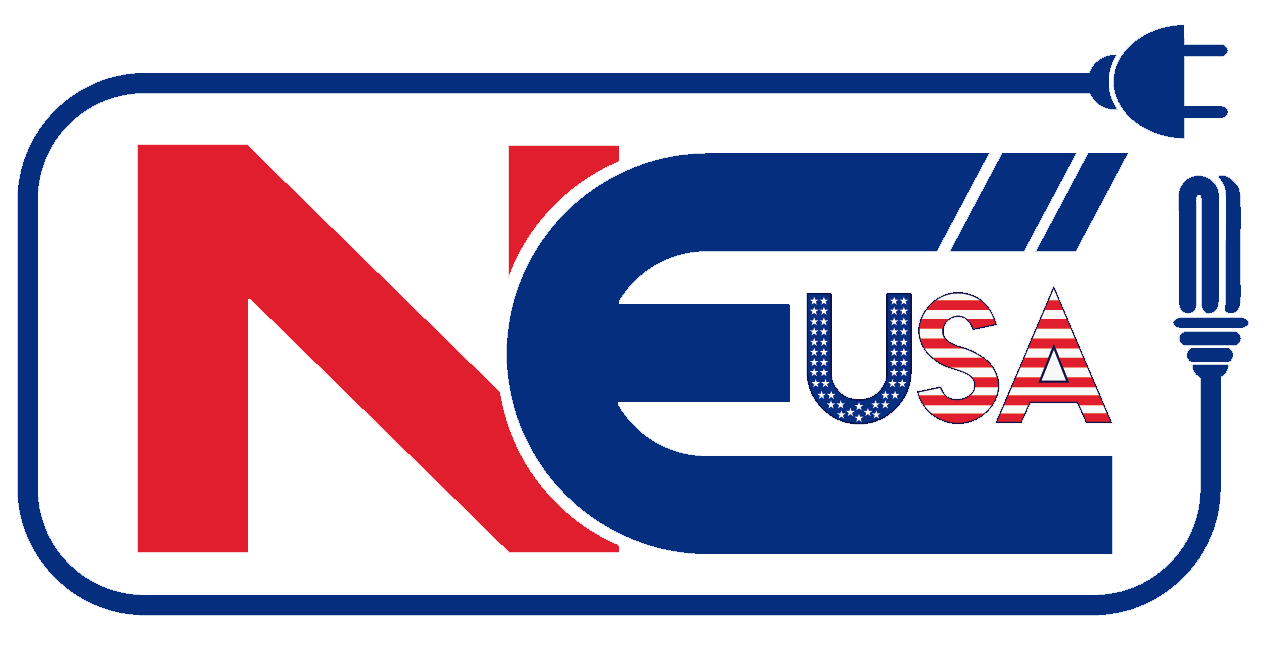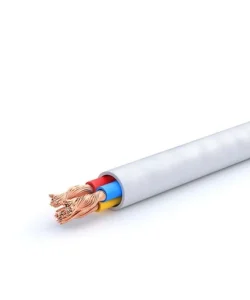What is PVC?
Vinyl plastic insulation is thermoplastic material that is fast stripping, resists oil, solvents, and ozone. The colors are bright and remain distinct after processing. With comparatively low costs to other materials, PVC wire & cables are the preferred choice for cable insulation and jackets.
Features & Advantages of PVC Wire & Cable:
The resistance to flames, oils and chemicals make PVC insulated cables ideal for a variety of different applications including low power and controlled uses. Meets VW-1 Vertical Wire Flame Test in many cases.
- Excellent flexibility properties
- Good resistance to temperature fluctuations & environment conditions
- Good chemical & abrasion resistance
Common Applications of PVC:
- Motors
- Transformers
- Fluorescent ballasts
- Switchboards
- Panels
- Controls
- Rectifiers
- Electronic circuits
PVC
Showing the single result
-
High Voltage Hook-Up Wire, Hook-up & Lead Wire, UL Style 3239
UL 3239 16 AWG 26 Strand 200C 20KV – Tinned Copper
 High Voltage Hook-Up Wire, Hook-up & Lead Wire, UL Style 3239
High Voltage Hook-Up Wire, Hook-up & Lead Wire, UL Style 3239UL 3239 16 AWG 26 Strand 200C 20KV – Tinned Copper
UL 3239 16 AWG high voltage hook-up wire is constructed with solid or stranded, tinned bare or bare copper, silver, nickel or aluminum plated conductors. Its extruded or non-extruded thermoplastic and or thermosetting insulation allows it to pass the flame test. With a 200°C maximum temperature and a rated voltage of 20KV, it’s ideal for use in internal wiring of TV receivers, stoves, heaters, furnaces, dryers, signs & lighting fixtures or where the acceptability has been determined by Underwriters Laboratories.
Min/Mult: 100/50
SKU: W32391626-T

